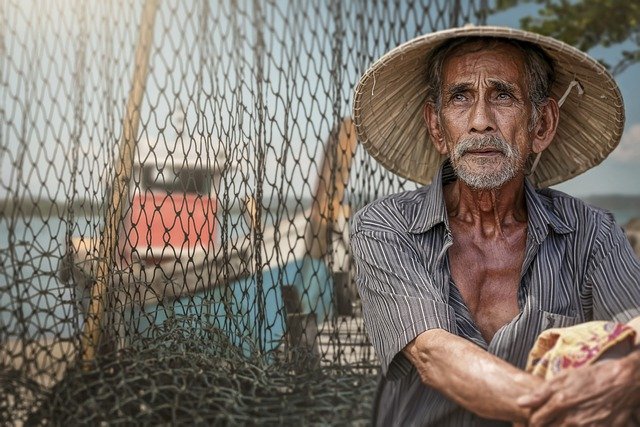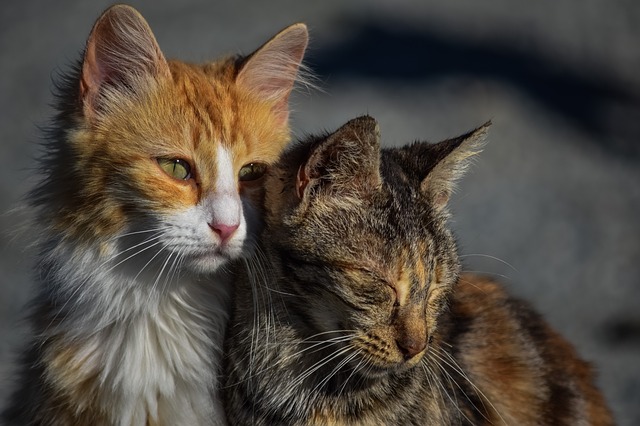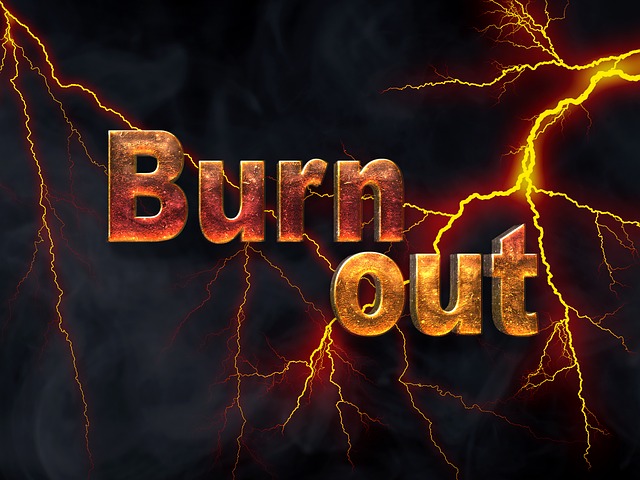One of the symptoms of Alzheimer’s Disease that is not often spoken about is “disorientation” – an “altered mental state” where the sufferer loses track of their identity and location and/or the time and date. Disorientation can have multiple causes but with Alzheimer’s sufferers it can be part of the confusion arising from “abnormalities in the brain structure or functioning”.
Disorientation in layman’s language is about making associations amongst events, time and location that do not exist in reality, but only in the brain of the Alzheimer’s sufferer. It is as if neural pathways that usually connect data, information and emotions become cross-wired or mixed up so that unassociated events become wrongly associated. The Alzheimer’s sufferer, for example, may hear something mentioned in conversation (e.g., a past event, location, or time) and relate that to the present moment as if it was real now.
Being exposed to this disorientation by an Alzheimer’s sufferer makes you appreciate the wonder of the brain when it is functioning properly – the ability to make order and sense of millions of stimuli and associations in the passage of everyday life. We take so much of this for granted and exposure to Alzheimer’s disorientation reminds you that you really do need to “mind your brain”.
Impact of disorientation on the Alzheimer’s sufferer
There really is not enough space to traverse the full extent of the impact of disorientation on the Alzheimer’s sufferer. Suffice it to say that the disorientation can be very disturbing for the individual involved. They may be firmly convinced about what they are thinking and experiencing as reality and become upset when others contradict them. They may start to lose confidence in their ability to understand what is going on. This can lead to increasing anger, frustration, and hostility. Poet, Mark Doty, in his poem, This Your Home Now, reminds us how unsettling the “loss of the familiar” can be even when the loss relates to something as simple as the routine of visiting a familiar barbershop. There can be a real sense of grief associated with disorientation.
People like Professor Deborah Reed-Danahay have made a lifetime study of what identity and “home” mean to an individual and their capacity to become grounded and at peace. Her ethnographic study of the concept of “home” for Alzheimer’s sufferers reinforces the influence of context and continuity to enable a person to transfer the concept of “home” from their normal place of living to that of a nursing home. She discusses an individual in a nursing home who is constantly asking for her car to go “home”. The Alzheimer’s sufferer may confuse previous homes with their existing location and may constantly ask for someone to give them “a lift home” – sometimes, resulting in a well-meaning visitor to a nursing home inappropriately offering them a lift.
Confusion about time and place can be compounded by recent events and newspaper reports. Stories can be mixed up in terms of time and place and people affected, e.g., stories about beach accidents can be wrongly associated with close relatives. Even the presence of a dementia clock can be a source of confusion – an easy-to-read clock designed to overcome confusion about time and date can be misinterpreted as a medication schedule (possibly precipitating unintentional overdose of medications).
Impact on the carer
When a person is caring for an Alzheimer’s sufferer, they can experience the sufferer’s disorientation as deeply disturbing and a constant source of disruption and agitation. The Alzheimer’s sufferer may constantly ring them with misinformation about their location or what is happening around them. They may imagine that they are someplace else other than the aged-care facility, and seek a lift to return “home”. They could ring up frantically seeking assistance with lost young children (a situation that is a total figment of their imagination). However, negative emotions are contagious, no matter how much you tell yourself that the situation described by the Alzheimer’s sufferer does not exist.
What also makes it very difficult for the carer is the constant change in the condition of the Alzheimer’s sufferer. They may be incredibly lucid at one moment and in touch with current events and, in the next moment or day, be totally confused about events, location and timing. They may have a very clear recollection about some past event or location and yet be unable to remember what they said a few moments previously. The impact of this constant change and confusion can itself be disorientating for the carer.
The carer needs to develop endless patience and tolerance while maintaining self-care practices so that they are able to continue to provide effective support and help to the Alzheimer’s sufferer.
Reflection
The experience of the disorientation of an Alzheimer’s sufferer really makes us appreciate what our brain actually does for us on a moment-by-moment basis as we take in millions of stimuli and sensations. It makes us appreciate our brain and motivates us to want to properly care for it through mindfulness practice and avoiding obsession with the news and social media. It also reinforces the need for a carer to consciously strive for effective self-care.
As we grow in mindfulness, we can progressively become more self-aware and be really grateful for the functioning of our brains whether at work or home or when participating in sports. Mindfulness becomes a way of being really grounded in the present moment, of finding a refuge that provides calm and tranquility amongst the turbulence of daily life.
_________________________________________
Image by Muhamad Suhkry Abbas from Pixabay
By Ron Passfield – Copyright (Creative Commons license, Attribution–Non Commercial–No Derivatives)
Disclosure: If you purchase a product through this site, I may earn a commission which will help to pay for the site, the associated Meetup group and the resources to support the blog.









